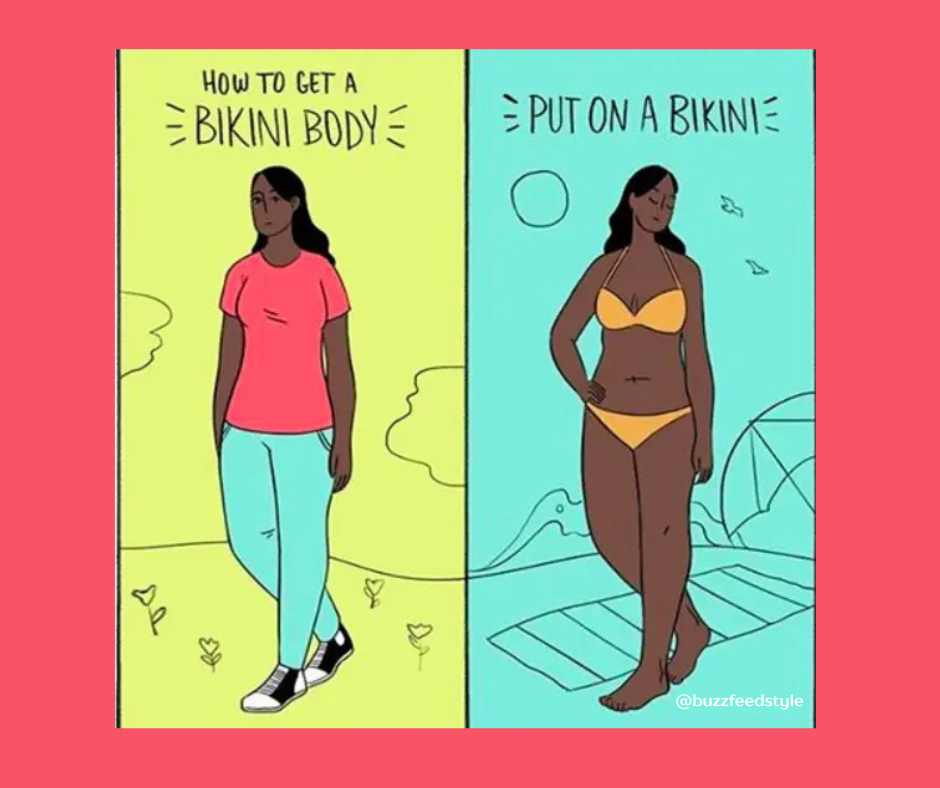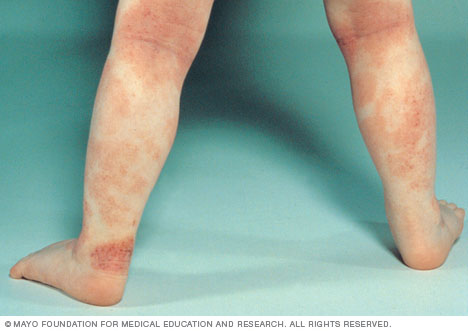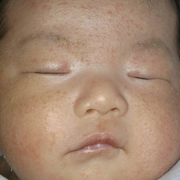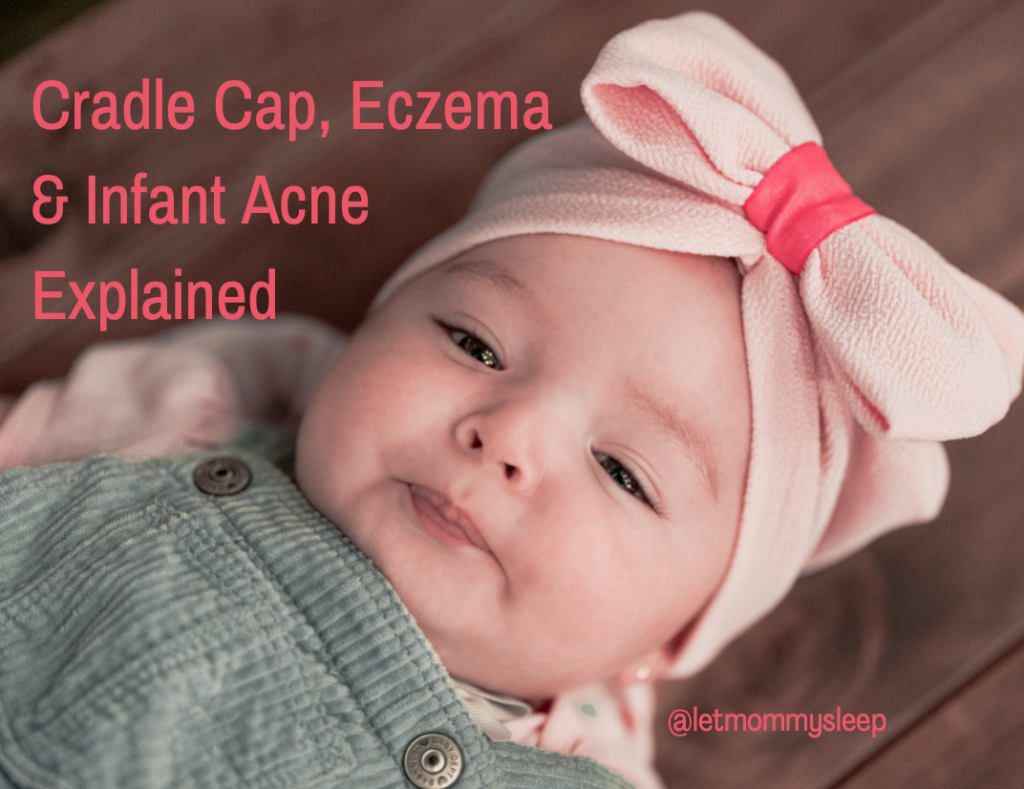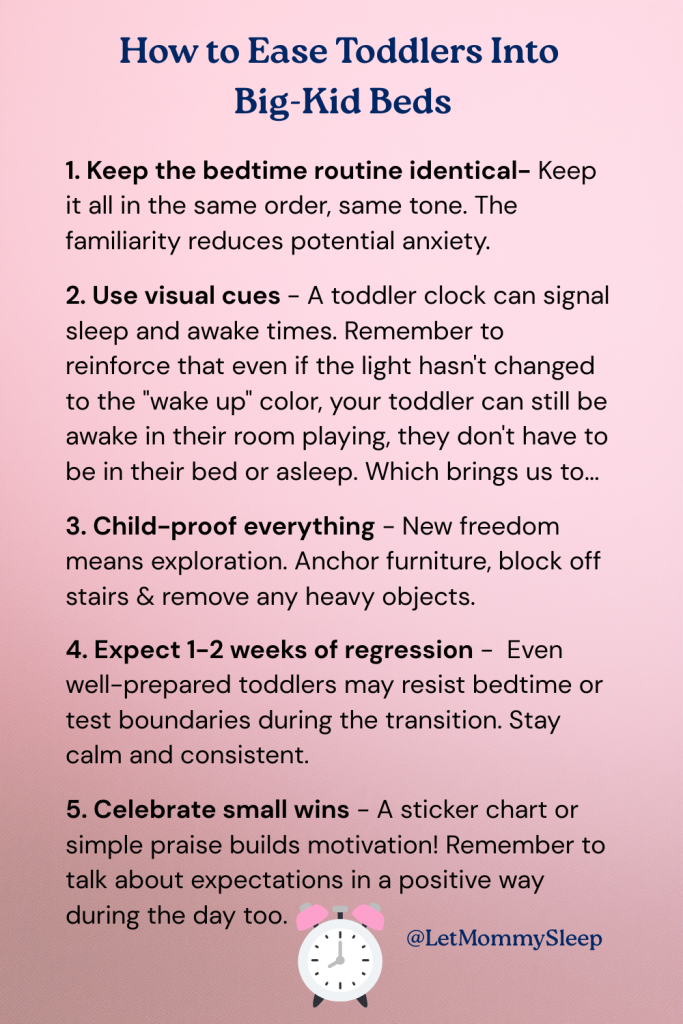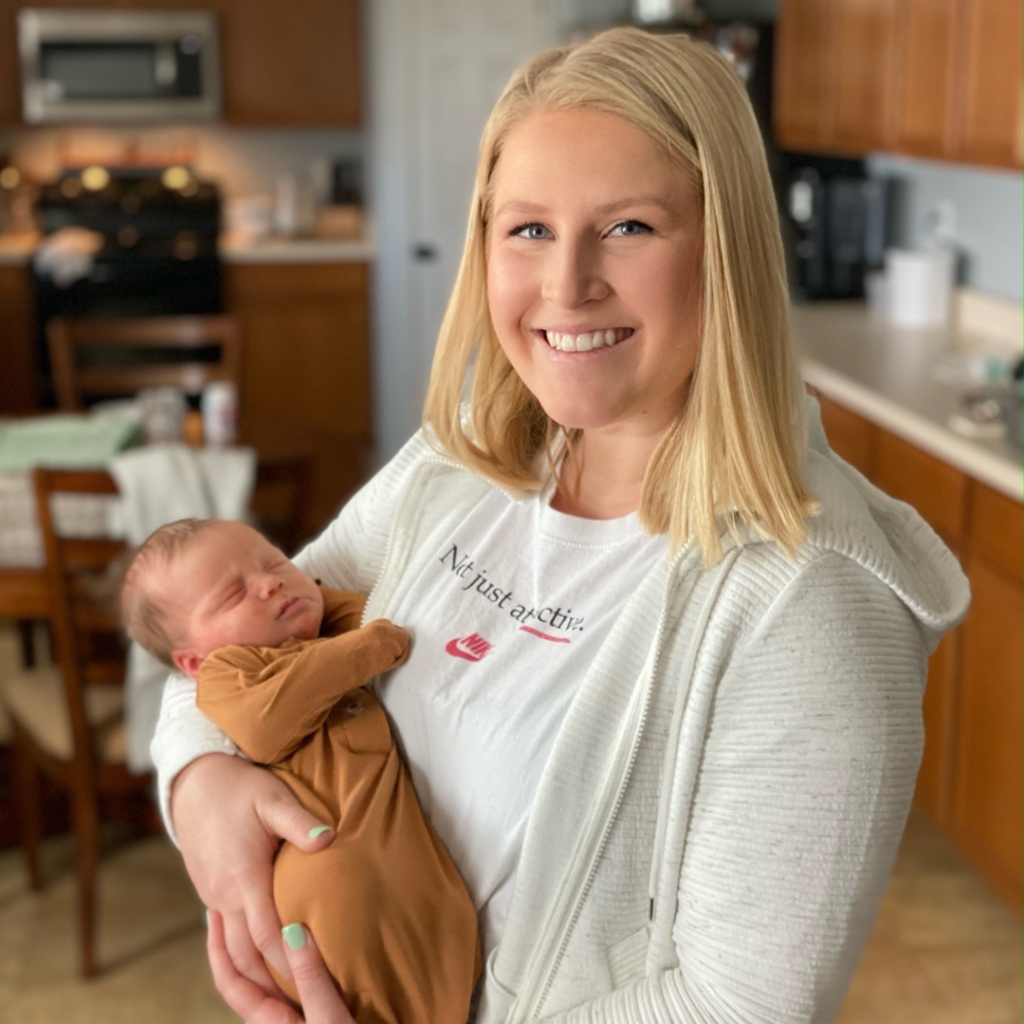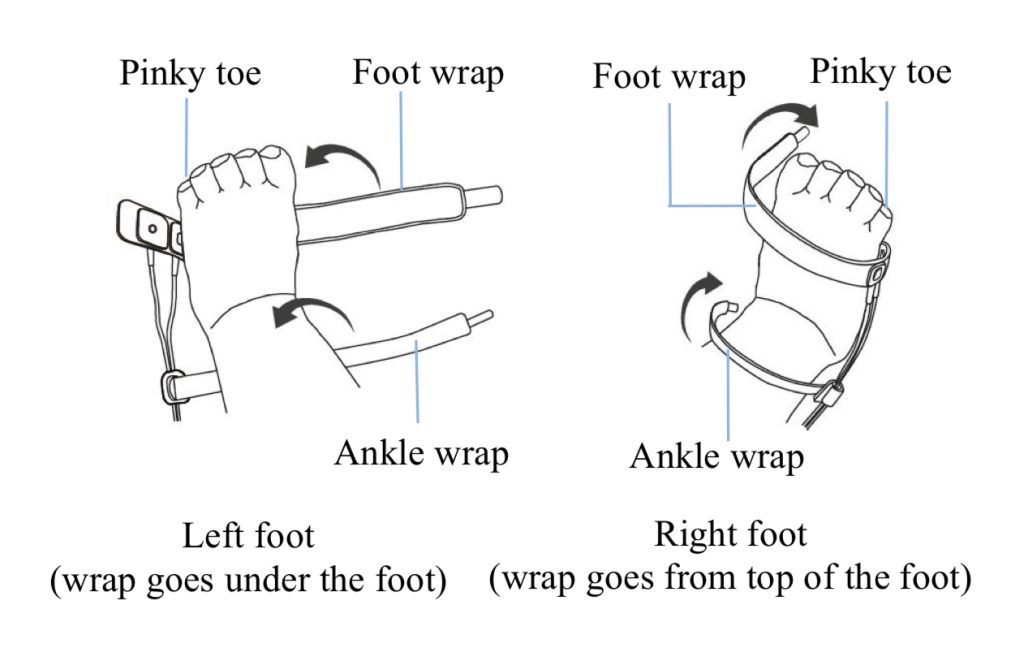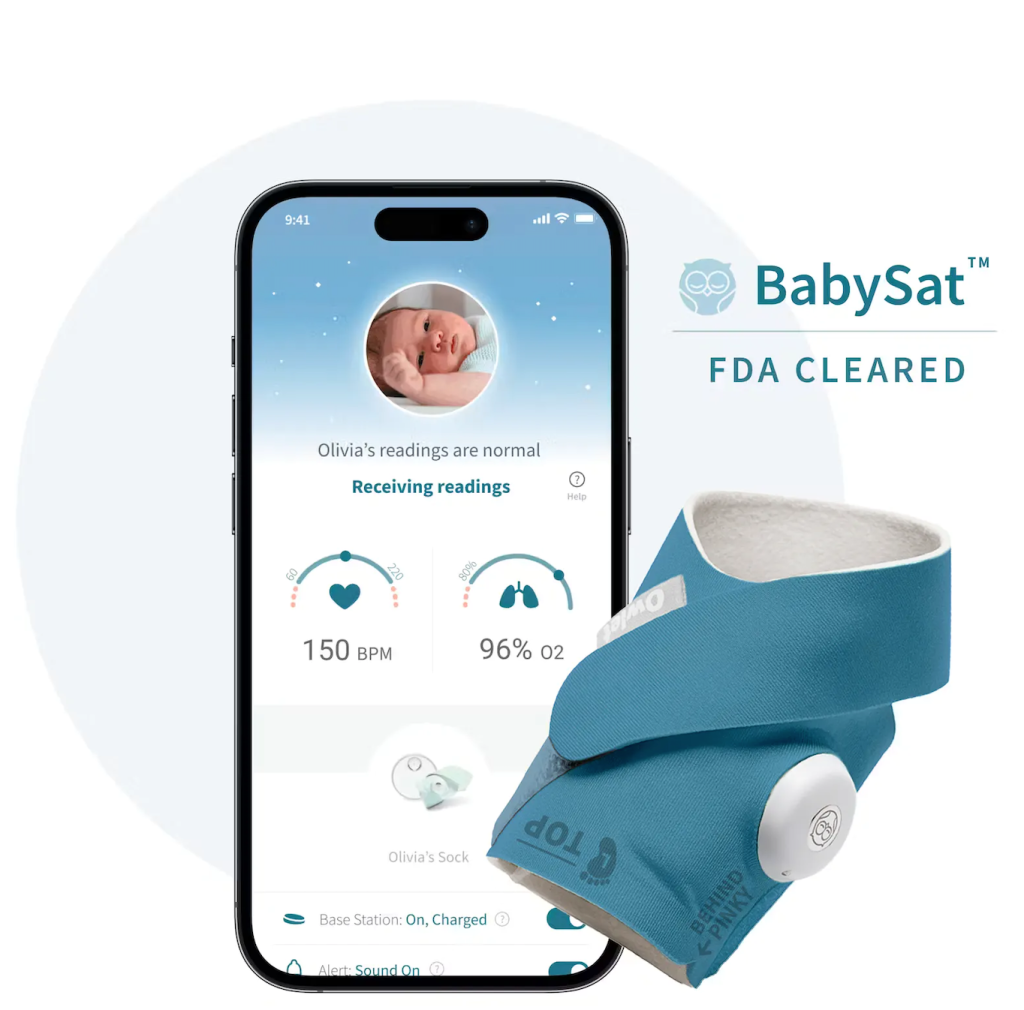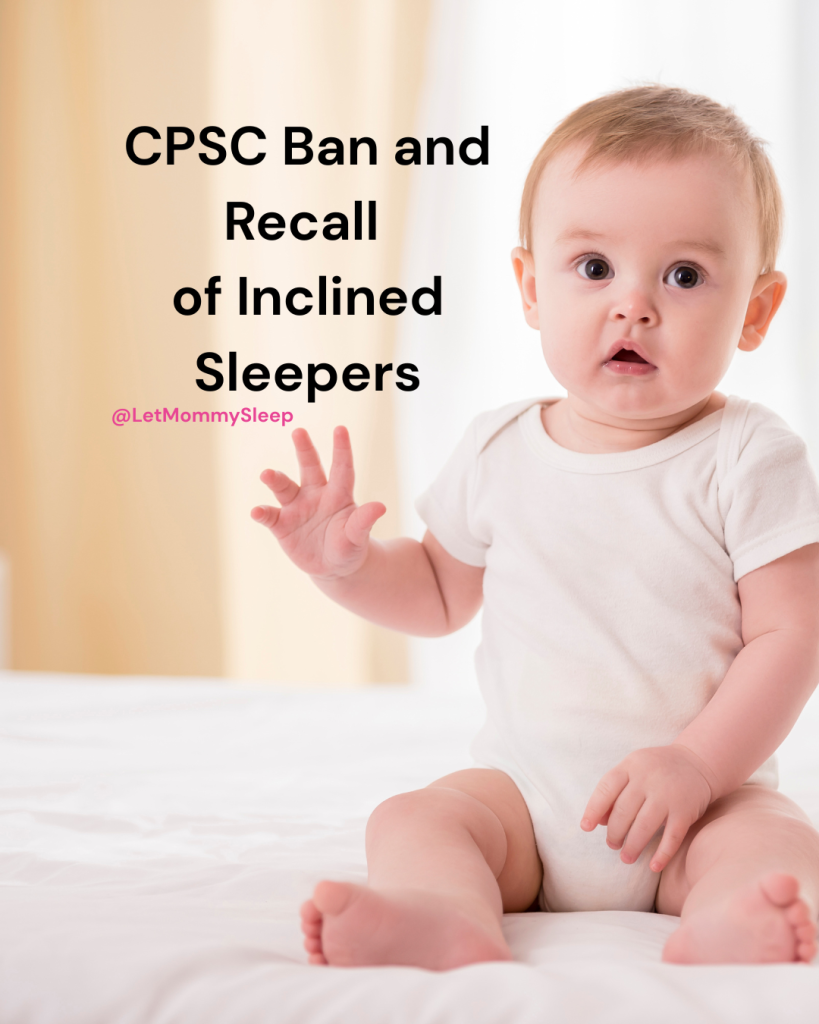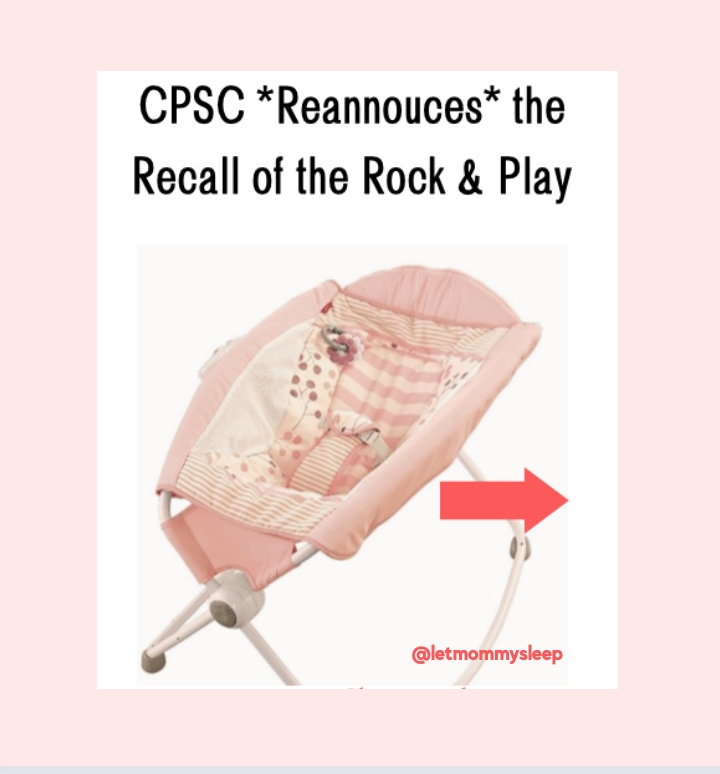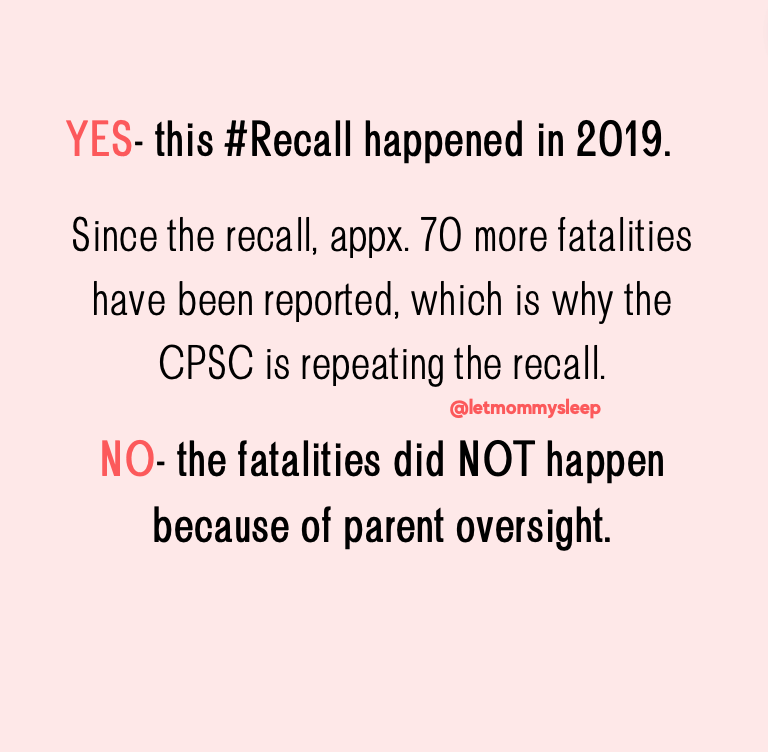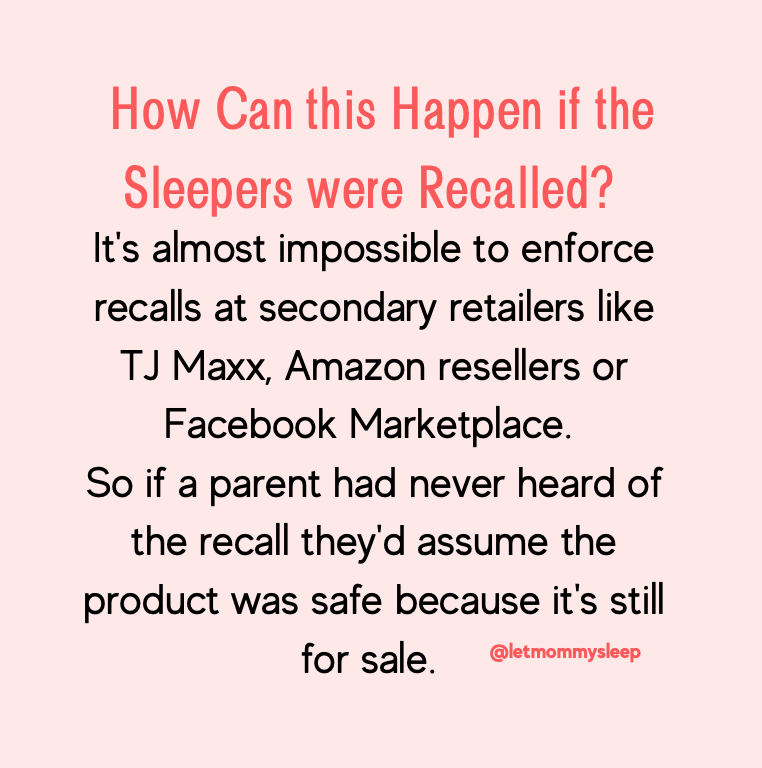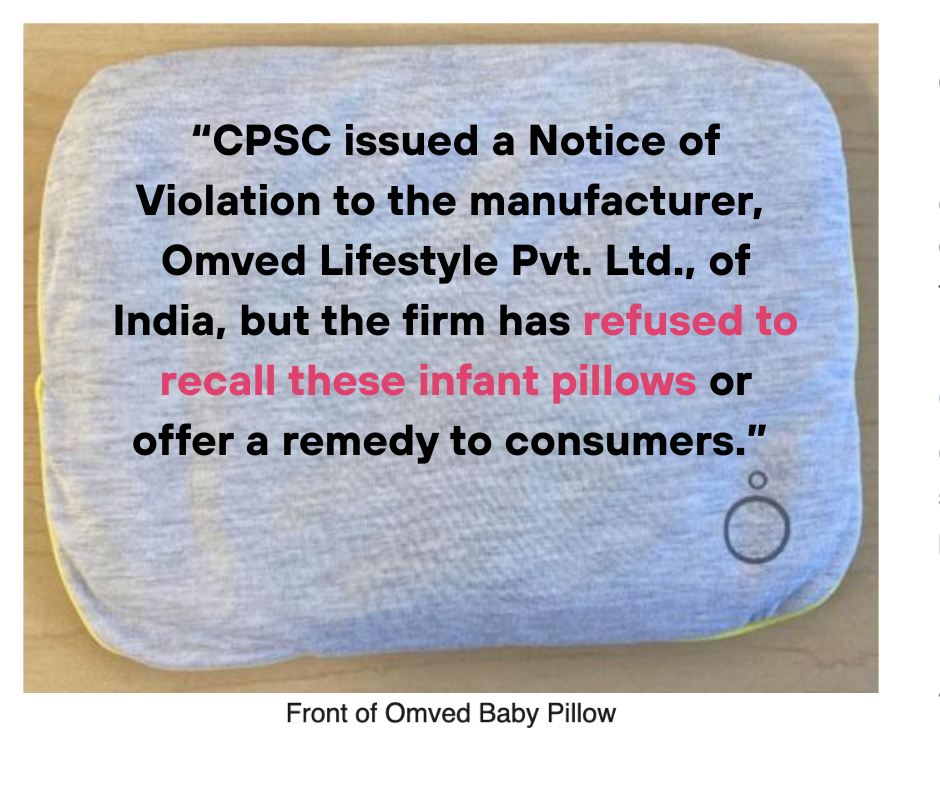Comfort is crucial when you’re caring for a newborn, so wearing the right clothes can protect healing areas, reduce discomfort and help promote a positive mindset. This blog, Postpartum Fashion, Style and Self Care will help you get ready with versatile postpartum outfits can help you feel comfortable and confident, giving a little boost to physical and mental health after your baby arrives.

Postpartum Wardrobe Essentials
For a versatile postpartum wardrobe, prioritize pieces that are comfortable, stretch with your body and can adapt to different occasions. Choose stretchy, breathable fabrics, nursing friendly styles and invest in multi-functional pieces like wrap dresses, leggings, and flowy tops. And of course keep quality sleepwear and adaptable home wear on hand.
- Invest in high-quality, multi-functional pieces that can stand up to lots of washes.
- Prioritize stretchy fabrics like jersey or cotton blends and breathable fabrics like bamboo or organic cotton.
- Maternity wear will still be functional postpartum. Look for adaptable pieces like the maternity jeans with elastic side panels that can expand/contract as needed.
An example of an essential is a wrap dress like this; it provides comfort, style and easy nursing access if you’re breastfeeding.
Postpartum C-Section Fashion Tips
If you’re recovering from a c-section, prioritize comfort and gentle support. While c-section sutures usually come out after 6 weeks, it can take months for the sensitivity to go away. Here are some options:
- High-waisted, soft fabrics: Choose leggings, pants, or skirts that sit above your incision to avoid pressure.
- Loose or wrap-style tops and dresses: Allow room for your healing abdomen and easy nursing access.
- Breathable materials: Cotton, bamboo, or soft blends reduce irritation and keep you comfortable.
- Avoid tight waistbands: Steer clear of anything that presses on or rubs the incision.
- Layering for comfort: Cardigans, lightweight wraps, or adjustable layers make it easy to stay cozy and feed your baby.
Comfortable Clothes at Home
Being comfortable at home is essential, especially in the early weeks home with your newborn when you’re spending most of your time around the house bonding and recovering. Continuing to wear maternity clothes during this time is an easy and great option, but there’s also nothing wrong with being a little stylish while you’re at it.
- Button-down shirts and wrap tops for quick feeding access.
- Nursing tanks layered under regular tops for coverage.
- Dresses with hidden zippers or overlapping panels for discreet feeding.
What about postpartum undergarments? Q&A
The right undergarments provide gentle support while helping your body heal. A soft nursing bra or seamless camisole keeps you comfortable on top, while high-waisted underwear offers coverage without irritating incisions.
Q. Why do I need a Nursing Bra?
Nursing bras are different than regular bras as they have drop-down cups or front panels that allow for feeding without removing the bra. They’re made with stretchy, breathable fabrics that adapt without constricting so they adjust to fit as needed throughout postpartum. Nursing bras also provide support while avoiding the kind of pressure that can restrict milk flow.
Q. What Should I Wear if I Choose Not to Breastfeed?
A. If you choose not to breastfeed or are in the process of weaning, supportive undergarments can help minimize discomfort. Avoid underwire styles and choose a snug, but not overly tight, sports bra or compression-style bra. These provide support and help reduce engorgement because there is less localized pressure on the breast tissue. When breasts are engorged, changing, or still producing milk (even if you’re not breastfeeding) that pressure can restrict milk flow in the ducts and be painful.
Q. Do I need a belly binder?
A. Yes. As Night Nurse (NP) Brigett says: “In addition to helping with pain -particularly after cesarean birth- abdominal binders help with internal and external healing by adding compression to the abdomen while improving blood circulation and oxygen levels.”
Examples of Stylish and Comfortable Postpartum Looks
- High-waisted dark wash jeans + flowy top + structured jacket.
- Maxi dress + denim jacket for comfort and nursing access.
- Stretchy maternity leggings + long-line sports bra + oversized sweater for casual or errands.
Sleep and Nutrition During Postpartum
If you’re planning for postpartum, don’t forget the basics of sleep and good nutrition. Being able to have blocks of time when you are “off” is essential for recovery, maintaining a healthy immune system and mental health. You can even consider a night nanny registry for sleep. Food and drink options that contain lots of healthy protein, vitamins and iron also aide in recovery and are great options if you’re breastfeeding.
And when it Comes to Postpartum Fashion, Remember…
You should wear whatever the heck you want! If a tight dress makes you feel great- wear it! If your 10 year old pajama pants feel good, wash and wear them every single day and night. And of course, your partner’s hoodie might have that extra-comforting vibe that helps you feel supported and you should totally steal it. There are no rules of postpartum fashion except for you to feel good.
